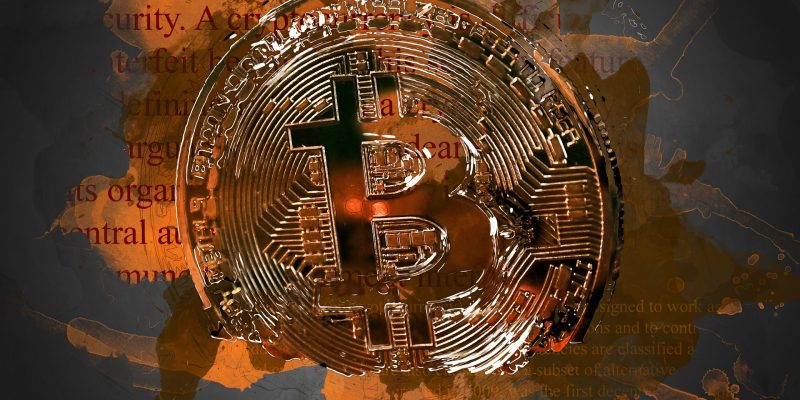
In recent months, cities worldwide have witnessed the emergence of shimmering metallic spheres—a phenomenon that has stirred up a mix of excitement and controversy from New York to Berlin to Tokyo. These metallic orbs are central to a revolutionary project known as Worldcoin, a convergence of AI and cryptocurrency initiated by Sam Altman, the founder of OpenAI. While hailed as a harbinger of a new era characterized by global unity and financial stability, Worldcoin also faces its share of detractors who deem it invasive, dystopian, and exploitative.
Worldcoin is designed to address the intricate issue of online identity in the year 2023—a landscape fraught with lurking threats. The web demands numerous logins and passwords, and scammers employ a variety of tactics to entice people into parting with their money. The proliferation of bots across social media further muddles our ability to distinguish humans from artificial entities. Even OpenAI’s GPT-4 demonstrated the capability to circumvent CAPTCHA, a mechanism designed to differentiate between humans and bots.
CEO of OpenAI, Sam Altman proposes Worldcoin as his potential solution: a definitive means of distinguishing humans from AI. The aim is to curtail scams and impersonations by verifying the humanity of online users. To achieve this, Worldcoin employs iris scans, a unique identifier for each individual. This process bears similarity to the biometric scans conducted by CLEAR or Apple’s Face ID.
How it works
Upon conducting an iris scan, Worldcoin generates a digital identity termed a World ID. Unlike a user’s biometric data, which can be faked or stolen, this ID is constructed using zero-knowledge proofs, which are an infallible cryptographic method (at least for now) .
If World IDs gain traction, users could utilize them for universal website sign-ons, similar to Google’s single sign-on services. The distinction lies in the heightened security of a Worldcoin login, unlinking it from other data such as email, name, or photograph. If the zero-knowledge proof element functions as intended, Worldcoin’s approach would enable users to log into websites without traceability by others or governments.
In June, Okta emerged as the first major entity to embrace Worldcoin’s sign-in process. The official launch of Worldcoin in July led to a frenzy of sign-ups across multiple cities. Lines outside Orb centers showcased the enthusiastic response, with a new user being scanned every eight seconds. Worldcoin reports over two million registrations for World IDs. While some joined out of curiosity or affinity for the technology, many were lured by a simple motivation: money.
To generate even more public support, Worldcoin introduced its own cryptocurrency token called WLD, offering 25 units (currently valued at approximately $60) to those who underwent eye scanning. However, this offer excludes the U.S. due to stringent regulations governing crypto products (which may imply that this new entrant into the crypto market is can not be trusted)
The cryptocurrency facet serves as a marketing tool, a global financial infrastructure, and an avenue for attracting continued venture capital support.
Worldcoin’s vision also encompasses the prospect of universal basic income (UBI) for users. Sam Altman envisions that the financial element of Worldcoin could pave the way for UBI, a concept he has long championed. However, the strategy for funding Worldcoin’s UBI remains unclear.
The criticisms
While Worldcoin endeavors to offer a groundbreaking solution, it’s not without criticism. Critics argue that trading eye scans for cryptocurrency is dystopian and akin to bribery. Privacy concerns arise from the collection of biometric data by a private entity, especially given Silicon Valley’s track record of data mishandling. The potential for surveillance or third-party data sales raises alarms.
The trajectory of Worldcoin’s cryptocurrency, WLD, has been somewhat volatile, with values fluctuating since its inception. Critics have highlighted the potential for misuse, and Edward Snowden cautioned against using biometrics for identification.
In the evolving landscape of technology and digital identity, Worldcoin stands as a fascinating yet contentious endeavor, rife with promise and concerns.










